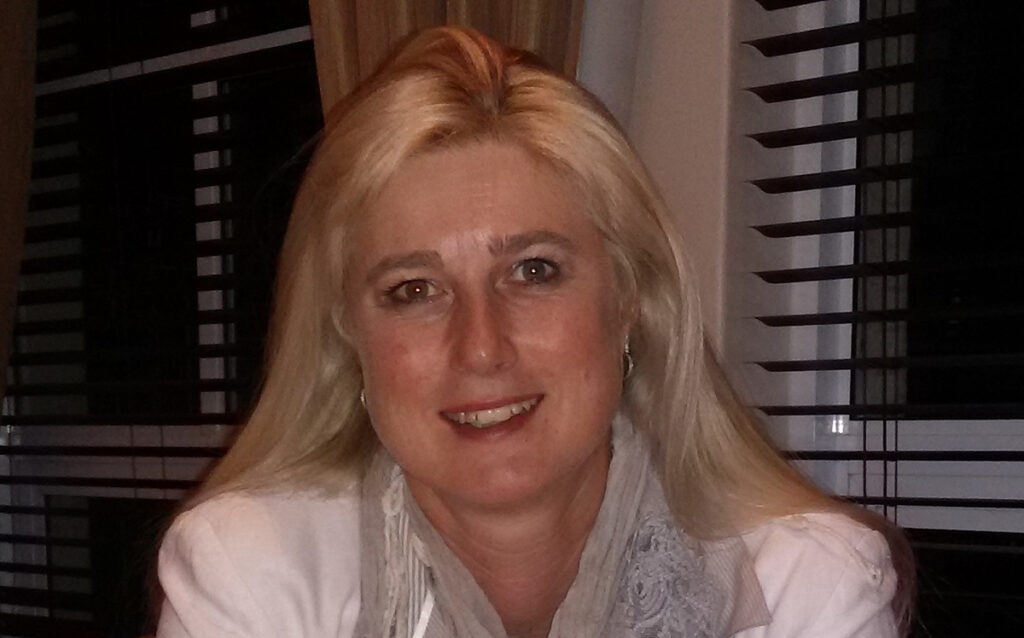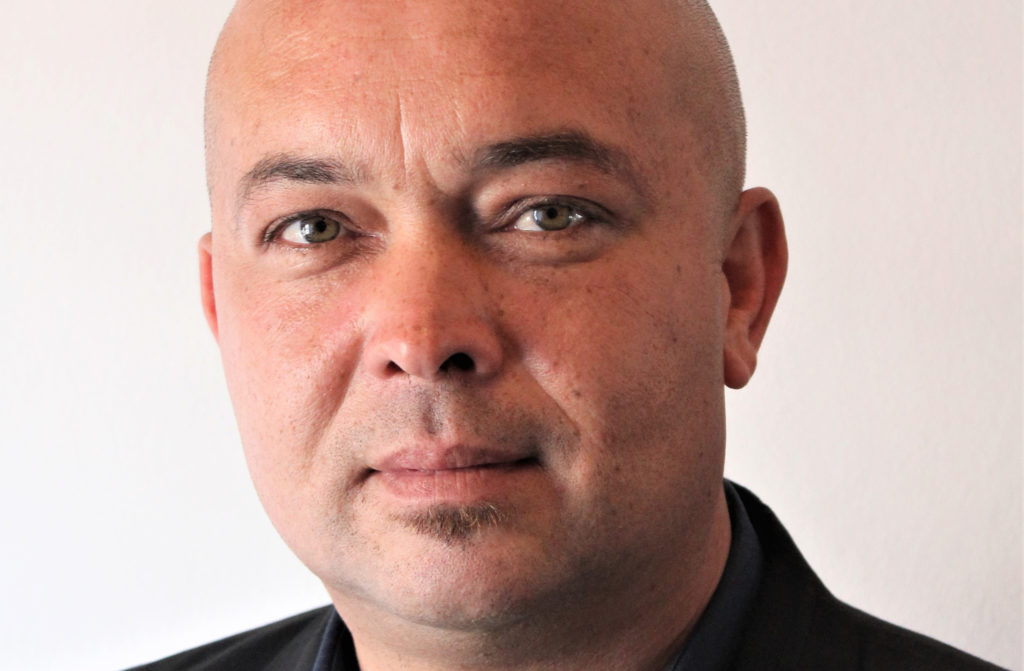Wynand Du Preez CFP®, Regional Manager for PPS Specialist Support Services
SPONSORED
Holistic Financial Planning for Professionals
The Mail & Guardian and PPS hosted Holistic Financial Planning for Professionals, the third part in the four-part webinar series Future Proofing the Graduate Professional. It featured Wynand Du Preez CFP®, Regional Manager for PPS Specialist Support Services; Advocate Anneke le Roux, Senior Fiduciary Specialist at PPS; and Marlon Goss CFP®, Head of PPS Specialist Support Services.
Holistic financial planning must incorporate many factors other than money such as your social, intellectual, professional needs and more. Your budget is the foundation and most important aspect of your financial planning. The main goal of your budget is to help you understand how much you earn and how much you are spending on specific items. This will help you spend less than what you earn.
Equally important is the drafting of your will. It speaks on your behalf after you passed away and sets out who inherits your estate. It creates certainty and peace of mind. A person over the age of 16 can draw up a will, and it must be signed in front of two competent witnesses, who cannot be heirs. The two witnesses must also sign to attest to the fact that the signatory is indeed the person who it states. If you die without the will, the intestate succession act kicks in, dictating who will inherit and in what portions. This could lead to an undesired distribution of your estate. It is very important to draft a will as soon as you are in possession of assets. Ensure the executor you appoint is competent in the winding up of estates.
 Advocate Anneke le Roux, Fiduciary Specialist
Advocate Anneke le Roux, Fiduciary Specialist There are several important aspects when drafting a will: when there are minors, ensure that the will makes provision for a testamentary trust to ensure that their benefit do not go to the governments guardian’s fund, to be administered until they reach the age of 18. Also ensure that legal guardians are appointed. Most people don’t have sufficient liquidity in their estate to cover all death related costs and taxes. This could lead to the untimely sale of assets and delays the winding up of the estate. It could also lead to heirs inheriting much less than what was intended. Every life-changing event should cause a revision of your will, for instance if you get married.
Our lives are constantly in flux, so financial planning must be reviewed frequently — preferably on an annual basis. There are, generally speaking, four stages to our lives. The first is the “student” phase. This is followed by the “young professional” phase from age 26-40, where insurance such as life cover, disability and income protection is of the utmost importance. In this phase, debt management becomes a reality for most, as assets such as your house usually cannot be bought in cash. Stay away from bad debt such as short-term loans and credit cards. Also rather err on the side of caution when making so called “good debt” so as to not over-extend. Ensure that you can easily pay back your monthly instalments.
The next phase is the “established professional” between the ages of 41 and 70, usually with dependents who could be children (for whom education provision should be made) or in an escalating number of cases, parents. Often overlooked in this life stage is business planning: what happens to your business, a very valuable asset, when you die? Business assurance creates certainty. A contract is put in place, creating an obligation for parties to purchase each other’s shares at a pre-determined price. Alongside the contract, life insurance is taken to ensure sufficient liquidity.
The last phase is that of the retired professional. Remember, professionals usually live longer than non-professionals. In this life stage two important planning aspects are usually addressed. The first is to decide whether their pension should be invested in a living annuity or if they should purchase a traditional (life) annuity. Secondly, an annual withdrawal rate should be decided on. This is critically important as a high withdrawal rate will cause the capital to be depleted. What percentage is a safe withdrawal rate from your living annuity at retirement? The rule of thumb is 4.5% to 5%, or R4 000 per month from every R1-million invested. There are other considerations, such as emergencies and capital expenses (holidays or replacement of vehicles) that need to be taken into consideration.
 Marlon Goss, head of PPS Specialist Support Services
Marlon Goss, head of PPS Specialist Support ServicesEstate planning can be thought of as allowing a person to “die successfully” — ensuring sufficient liquidity in the estate, which will allow loved ones to inherit as you intended. A testamentary trust only takes effect when the founder dies, unlike a living or “inter vivos” trust. An inter vivos trust enables asset protection, and creditors cannot make claims on them, given that the trust is correctly structured and administered. Estate freezing can be used to minimise estate duty as the assets grow in the trust, and could be considered a tool to save on estate duty. Another benefit of a trust is perpetual succession. Perpetual succession means that the death of a beneficiary or trustee will not affect the existence of the trust for others. Trusts do however attract administration and other costs, so be sure to weigh up benefits and savings against the costs.
Holistic financial planning is therefore essential and must be done with a financial adviser. “Dying is not free, it costs a lot of money,” said Goss. A good financial plan will enable you to live a fulfilled and happy life. Very few South Africans have enough put aside to achieve their goals and enjoy a comfortable retirement.
PPS Specialist Support Services and PPS Fiduciary Services
[email protected]
www.pps.co.za